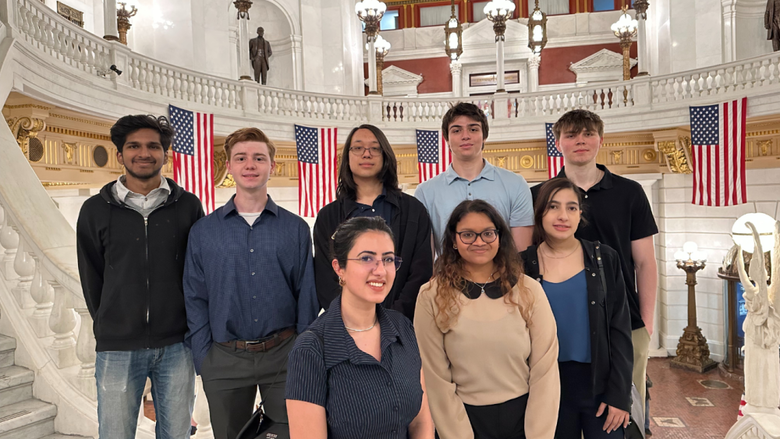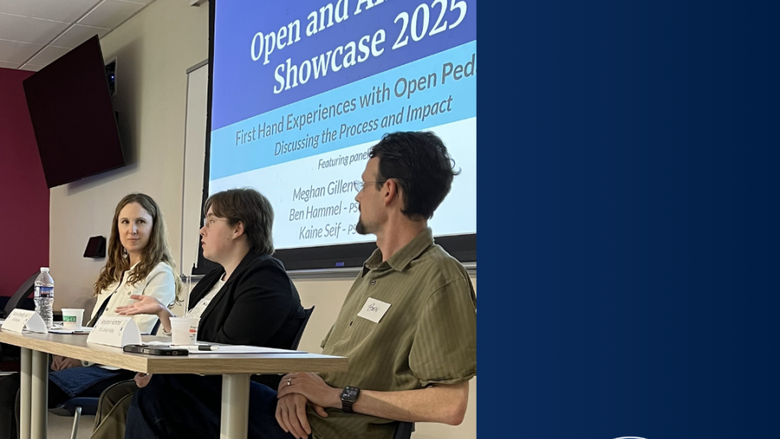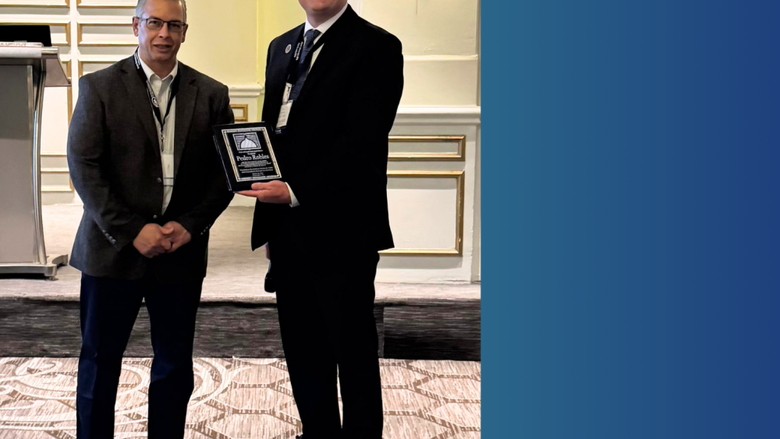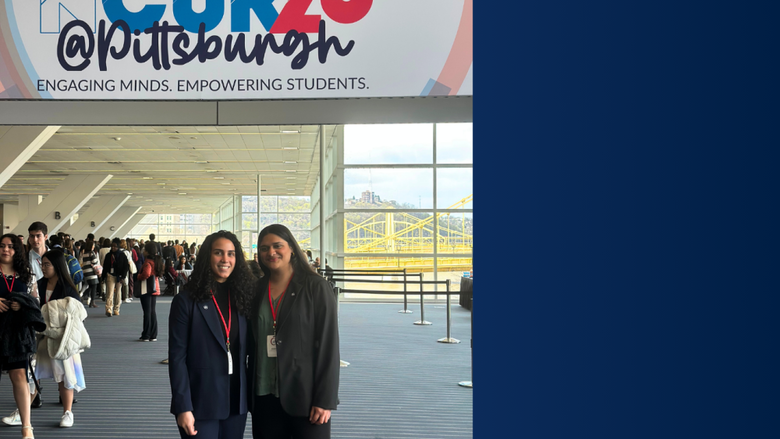
CENTER VALLEY, Pa. — Penn State Lehigh Valley (PSU-LV) professor Pedro Robles is taking a deep dive into the world of artificial intelligence (AI) as it relates to government intervention and human values. Robles' project was one of six winners of the seed funding competition by the Penn State Center for Socially Responsible Artificial Intelligence. The center awarded $145,000 to advance six interdisciplinary research projects that feature researchers from eight colleges and institutes.
Robles, lecturer of cyber analytics and operations at PSU-LV, is part of the five-member team researching “AI-based Ventures, Fair Data Practice, and Government Interventions.” His team is comprised of Jue Wang from the Smeal College of Business, Daniel Mallison, Eric Best and Lauren Azevedo from Penn State Harrisburg.
“My input is to look at how AI is being deployed and impacting every aspect of our environment,” Robles said. “Our research is on AI and how it can be improved in relation to social accountability, justice, equity, transparency, agency — the basic human values. These are big concerns when it comes to AI — as it is still largely unknown and not understood. There’s been a lot of advances made in technology, but individuals still don’t know how it’s impacting them.”
Robles cites examples of how AI is used in various settings: “AI can do a lot in relation to functions like surveillance systems in airports, electric vehicles and biometrics — which is face recognition. It is complicated and causing social concerns because it is not perfect. I am doing research to expand AI in social interactions and day-to-day activities, particularly with social equity and responsible AI.”
Robles has spent almost two years researching AI, especially policy and governance models. When he joined PSU-LV as a cybersecurity faculty member, he became even more interested in its capabilities, challenges and legal considerations, he said.
The funding lasts for two years. Robles said his team is in the early stages of preparation — reviewing grant requirements and discussing preliminary research methods. “The University wants us to focus on just one thing and present our work at the end of the two years,” Robles said.
The Center for Socially Responsible Artificial Intelligence, which launched in 2020, promotes high-impact, transformative AI research and development, while encouraging the consideration of social and ethical implications in all such efforts. It supports a broad range of activities, from foundational research to application of AI to all areas of human endeavor. To learn more, visit the CSRAI website.





